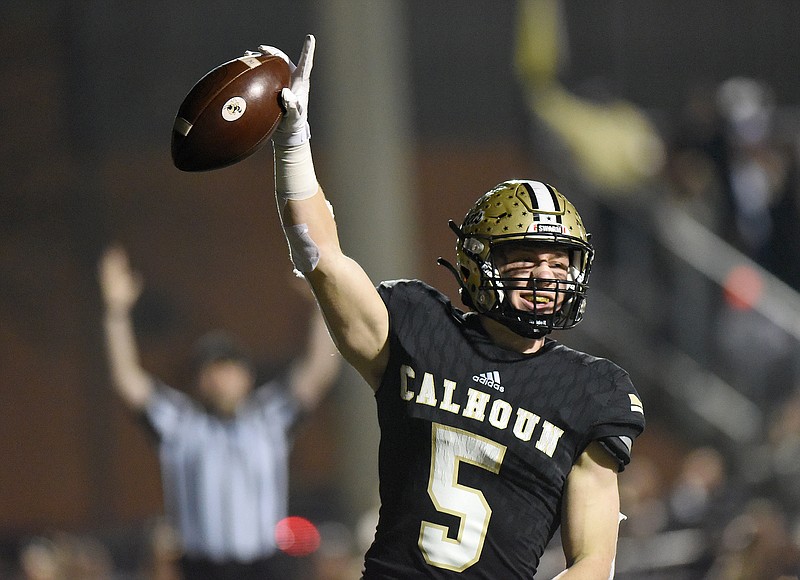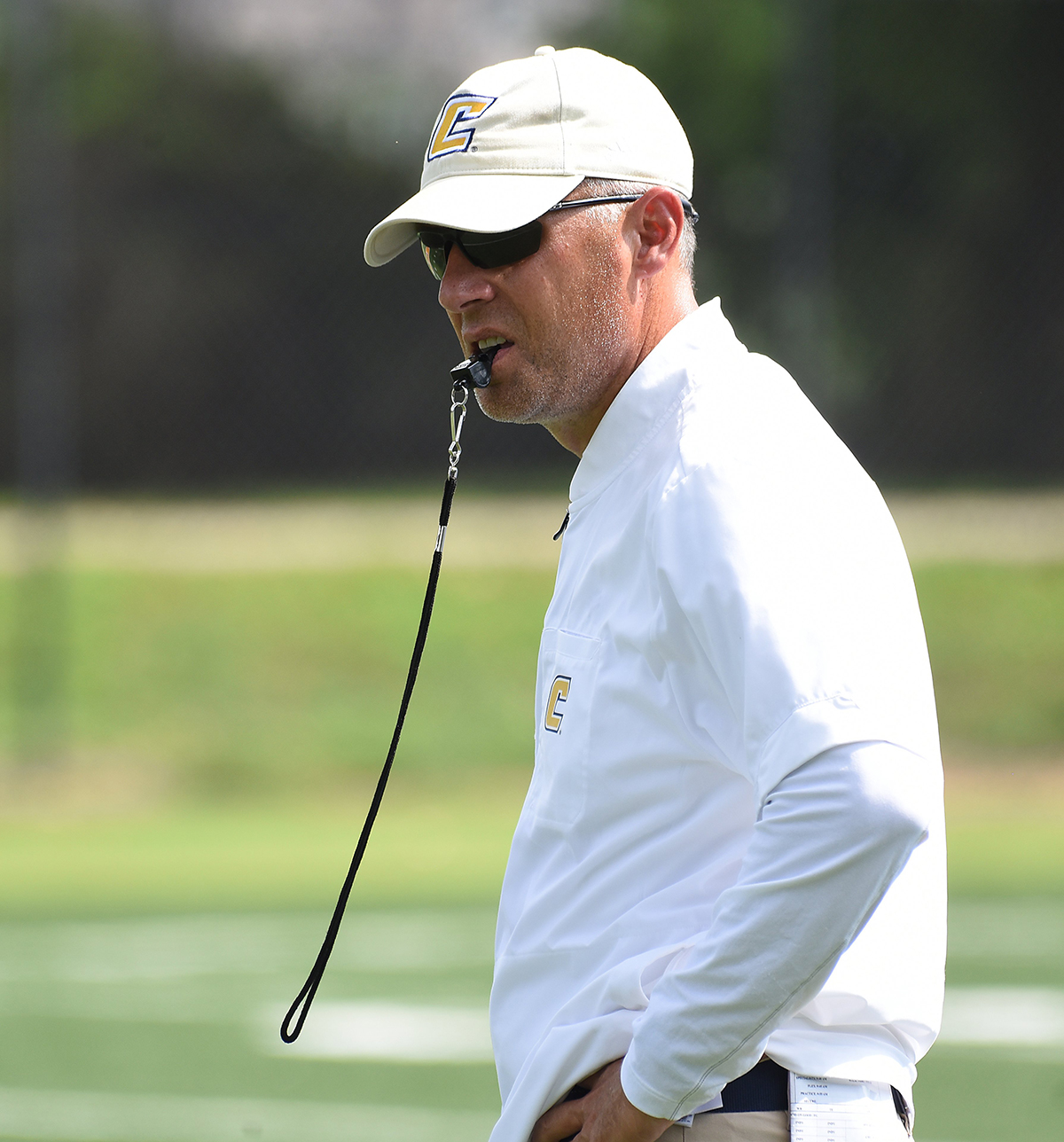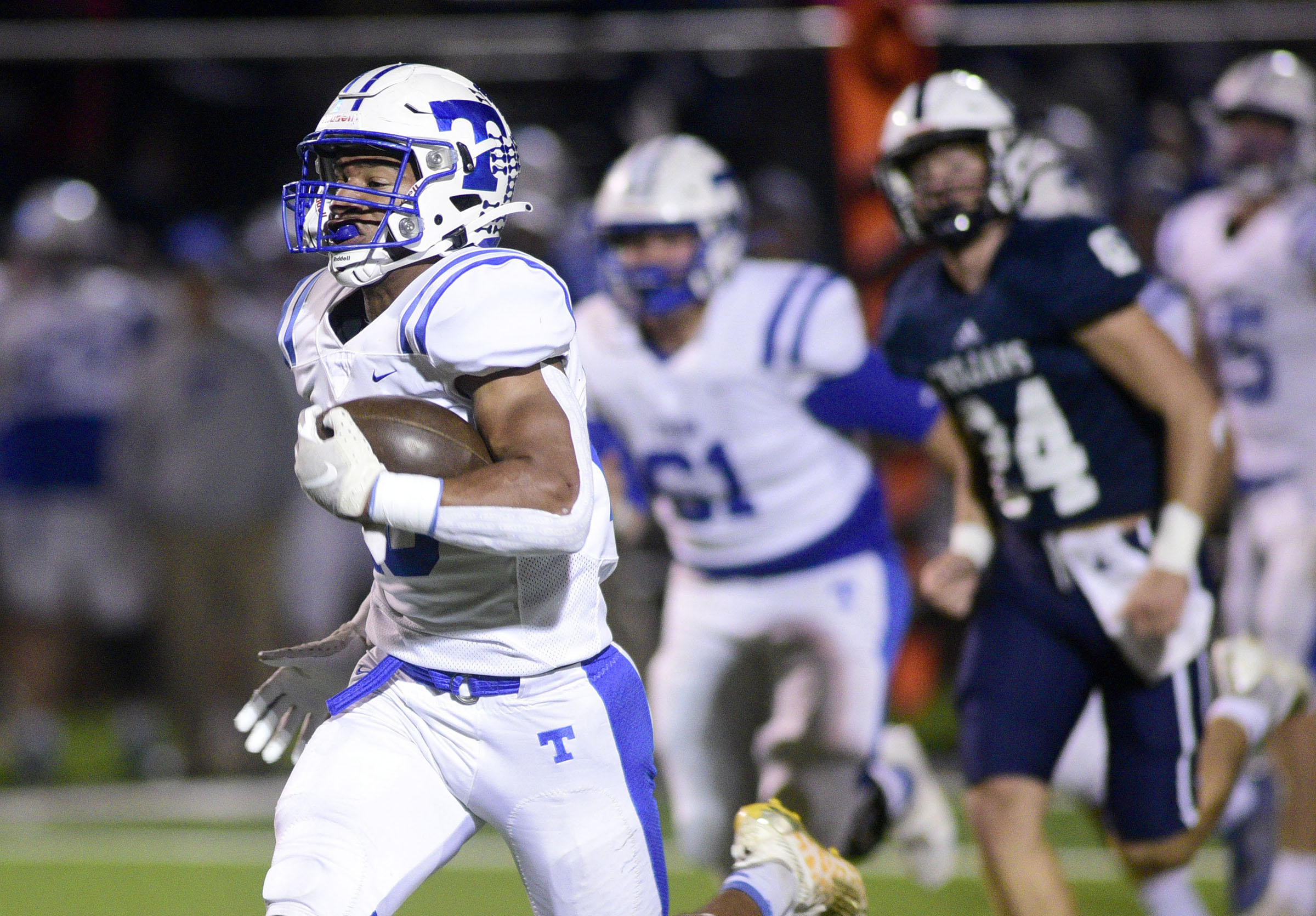Unlike other youth athletes, football players do not have an alternate season.
At one time, that fact meant footage of high school games was the only way to get evaluated by college coaches. That's hardly the case anymore as each spring through early summer is camp season for prep players.
The myriad of football camps - from college-hosted camps to combine camps to 7-on-7 camps to invitation-only elite camps - gives athletes opportunities to build their recruiting resumés. And compared to the costs associated with select teams that travel for sports such as baseball, basketball and softball, football camps are a bargain in the quest for athletic scholarship money.
Through the Rivals Combine Series, a prep athlete can get a free Rivals and NCSA (National Strength and Conditioning Association) profile that will include measurables and two runs at five NFL combine-style drills: 40-yard dash, shuttle run, three-cone drill, vertical jump and broad jump. Those combines are held regionally throughout the country and are especially beneficial for freshmen and sophomores looking to get started in the recruiting process.
To get on a specific football program's recruiting radar, athletes can attend college-sponsored camps, which are held at the schools and feature one-on-one instruction from that team's coaches. Those camps, said University of Tennessee at Chattanooga head coach Rusty Wright, are crucial for a number of reasons.
"It is very important to see guys in camp, some positions more than others," said Wright, whose prospect camp costs $50, which is in line with the majority of college-sponsored camps.
"You have an opportunity to observe them in a controlled setting. It's important to see how they take coaching, interact with others, where they get in lines, how many reps they try and get. That's on top of looking at athletic ability."
Athletes who stand out are likely to be asked to come back for invitational camps, where scholarship offers are often handed out to a select few. Those college camps, as former Calhoun High School star Cole Speer found out, can be life changing.
Speer was a highly regarded two-way player for the Yellow Jackets, who are perennial GHSA title contenders, but he lacked major college offers. One trip to the University of Georgia's prospect camp - a visit his Calhoun coaches helped make happen by getting Bulldogs offensive coordinator Todd Monken to watch video of Speer - changed everything after he ran the 40-yard dash in 4.39 seconds, posted a 38-inch vertical jump and was clocked at 22 mph.
"That day was huge for me," Speer said. "Before that, Georgia had no idea who I was."
The 6-foot, 190-pound Speer, who will play receiver for the Bulldogs, was invited back to Athens for a workout, was offered a scholarship and accepted it a few days later.
Exposure via camps isn't the only way to get a scholarship, but a lack of camp experience can make it difficult. Trion High School running back Rob Brown entered his senior season a year ago coming off back-to-back 1,000-yard seasons but was nowhere to be found on recruiting sites.
Brown (6-0, 210) worked weekends, making camp visits difficult. Things changed, however, when he produced a pair of 400-yard games, earning state player of the week honors. He finished with 2,621 yards, the second most in Georgia, and 42 touchdowns. After the season, and shortly before national signing day in February, Brown received and accepted a scholarship offer from Kennesaw State, a Football Championship Subdivision program in the Atlanta area.
Brown's scholarship, though, is the exception.
But while camps are important, can there be too much exposure? UTC's Wright believes so.
"I see kids on social media listing all of the camps they are attending during the summer. It's crazy what guys are doing now," Wright said. "I tell parents and players all the time to find two or three schools that you have a chance of playing at or like and go camp there.
"Don't waste time or money. These mega camps that keep popping up have just become money grabs. Yes, lots of coaches see it, but there are too many players and not enough reps to really get a good evaluation. If you can't go to a camp, then make sure you have junior film and your grades right, and send it to the schools you are interested in. There is always a way."
Contact Lindsey Young at lyoung@timesfreepress.com. Follow him on Twitter @youngsports22.


